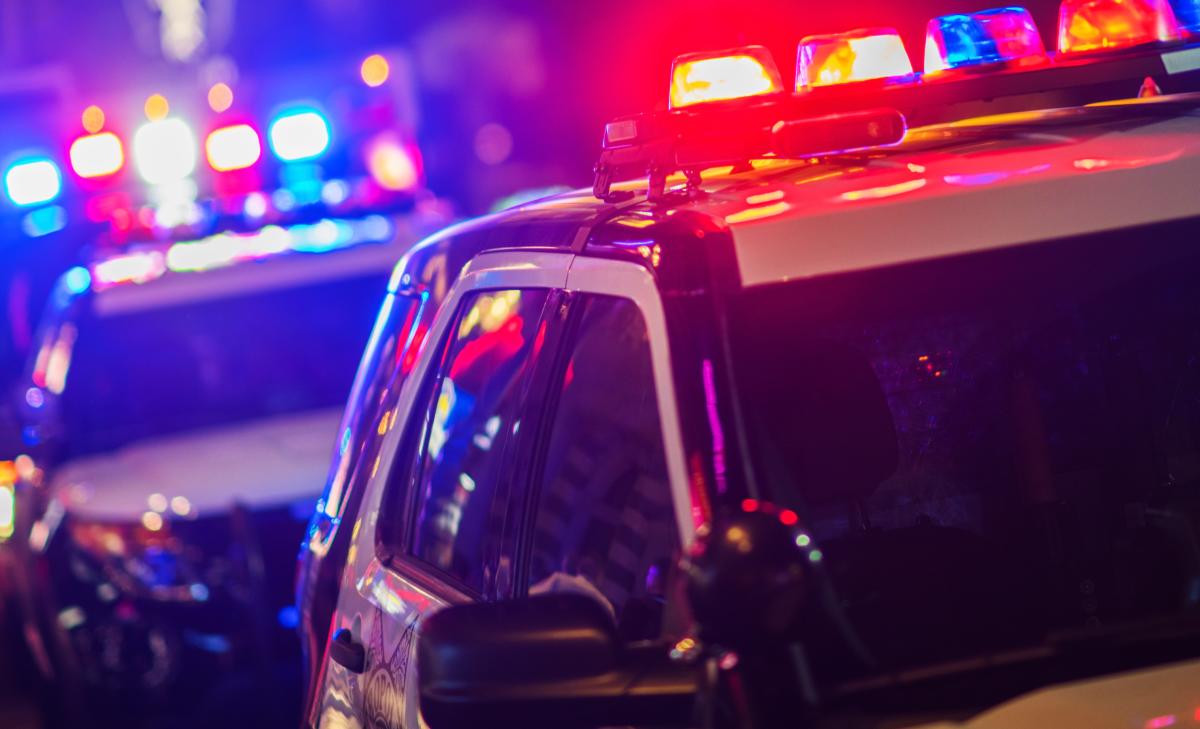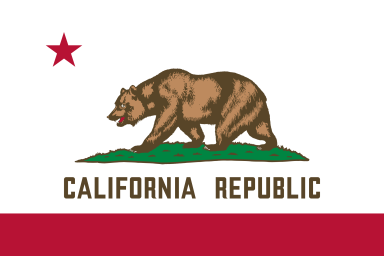How To Handle a DUI Stop

Driving under the influence (DUI) is a serious offense that can result in severe legal consequences and, most importantly, cause serious injury or death. Despite the risks, approximately 32 people die every day in the United States due to drunk driving-related accidents.
If you are stopped for a suspected DUI, staying calm, cooperating with the officer, and seeking legal help are essential. After the arrest, it is crucial to protect yourself legally and avoid future legal troubles by hiring a DUI attorney, staying away from bars and alcohol, attending court hearings, and following the court's orders.
To help you understand how to protect your rights, here’s a closer look at how to handle a DUI stop and legal resources for defendants charged with a DUI.
What To Do After You’ve Been Stopped for a Suspected DUI
If you're pulled over, and the officer suspects that you may be driving under the influence of alcohol or drugs, it can be a very stressful experience. It’s important to stay calm, cooperate, and avoid implicating yourself.
Here are a few important steps to follow if you’ve been stopped for a DUI.
1. Stay calm and cooperate
When the officer approaches your car, roll down your window, and keep your hands visible on the steering wheel. Stay calm and polite, and be prepared to show your license, registration, and proof of insurance. If the officer asks you to step out of the car, do so promptly and without argument. Refusing to comply with the officer's requests can lead to further legal trouble.
2. Answer questions carefully
The officer may ask you some questions, such as "Have you been drinking tonight?" or "Where are you coming from?" You have the right to remain silent, as anything you say can be used against you in court if you are charged with DUI.
It is best to avoid admitting that you are impaired or have been drinking, as these admissions will significantly hurt your chances for a successful defense in court should you be arrested for DUI.
3. Decline any field sobriety tests (usually)
The officer may ask you to take a field sobriety test, which typically involves physical tasks such as walking in a straight line or standing on one foot. Unlike chemical tests, implied consent laws generally do not obligate you to submit to such field sobriety tests, There are exceptions in some states however, such as when a very serious accident injury has occurred. It’s always best to consult with an experienced DUI lawyer in your state.
Field tests are often difficult and unreliable, and it’s not uncommon for drivers to fail these tests even if they aren’t impaired. So, although you do always have the right to refuse them and it is generally true that there is no penalty for such a refusal, just be aware that rare exceptions which can result in a license suspension do exist. For most cases however, the benefits of refusing the field tests outweighs the downsides, especially if you elect later to plead not guilty and request a trial.
4. Consider carefully whether to take a breathalyzer test
If the officer suspects you are under the influence, they will almost always ask you to take a breathalyzer test. This test measures your blood alcohol concentration (BAC) and can provide evidence of impairment.
Many states have an implied consent law, which means that you automatically consent to take a chemical test when you drive. In states with implied consent, refusing to take a breathalyzer test may result in the automatic suspension of your license for a period of months or even years in some circumstances..
You do still have the right to refuse the test, but doing so can result in a suspended license or other legal consequences. Keep in mind that you can still be charged with DUI regardless of whether you take a breathalyzer test or not. The decision about whether to take the test or not is a serious one and there is no “catch all” answer to that question.
5. Do not make any statements after being arrested
If you are arrested for DUI, it is essential to contact a DUI attorney as soon as possible. In the meantime, you should avoid making any incriminating statements to the police. You do need to give the police your name and address and other basic information, but other than that, you generally have nothing to gain and everything to lose. Most of the time, police make up their minds in the first few minutes of the encounter, and the chances of you talking yourself out of the situation are slim. Many police officers wear body cameras, and police cruisers usually have microphones and cameras that record what you say, making it important to avoid saying anything that could be used against you in court.
What To Do After Going Home
After you've been stopped for a suspected DUI, there are several steps you should take to protect yourself legally and avoid future legal troubles.
1. Hire a DUI attorney
If you’re arrested for DUI, hiring a DUI attorney is important to help you build a strong defense and navigate the legal system.
Your lawyer can advise you and help gather evidence that supports your defense in their effort to reduce your charges. A DUI conviction can result in serious penalties, so hiring a DUI lawyer to help you fight this charge is essential.
2. Avoid bars and alcohol
If you are an adult, there is no legal requirement that you stay out of bars or avoid consuming alcohol unless the Judge has made this part of their order. But it is a good idea to stay away from bars and alcohol while your case is pending to avoid further legal trouble.
Whether you choose to do this is ultimately up to you, but the last thing that you need is to get into any trouble while your DUI is pending as a new arrest can violate the terms of your bond and subject you to possible imprisonment.
3. Attend court hearings
Attending all court hearings related to your DUI case, including arraignments, pre-trial conferences, hearings and trials, is absolutely essential. Failing to appear can result in a warrant for your arrest and additional legal consequences.
4. Consider alcohol treatment
If you have a problem with alcohol, consider seeking treatment to address the issue before you are ordered to do so. This can demonstrate to the court that you are taking steps to address the root cause of your DUI arrest, potentially resulting in a more favorable outcome for your case. But of equal importance, if you truly have an alcohol problem, it’s the best thing that you can do for your health and your future.
5. Follow the court's orders
If you plead guilty or are found guilty of DUI, the court will likely impose certain sentencing requirements, such as attending alcohol treatment, paying fines, and/or performing community service. It is crucial to follow these orders to avoid additional legal consequences, as a violation of your court ordered requirements may result in jail or an extended loss of your driving privileges.Following these orders may also be necessary to later regain your driving privileges.
6. Get your license reinstated
If your license was suspended or revoked as a result of your DUI arrest, you will need to take steps to get it reinstated. This may involve completing an alcohol treatment program, paying fines, paying a reinstatement fee, or installing an ignition interlock device on your vehicle.
Legal Resources for Defendants
If you are facing DUI charges, several online legal resources are available to help you navigate the legal system and protect your rights.
American Bar Association (ABA)
The ABA provides a range of resources that help the public learn more about important legal topics and find legal help.
The ABA website features information regarding DUI laws, implied consent laws, and what to expect in a criminal court case. Individuals can also use the website to find their state bar association, which can give them information about attorneys in their state.
Visit: americanbar.org
National Highway Traffic Safety Administration (NHTSA)
The NHTSA provides information on DUI laws, enforcement, and prevention strategies. They also offer a free online course for law enforcement officers on detecting impaired drivers. Learning more about national and state-specific DUI laws can help you avoid being charged with DUI, build a defense if you are charged with DUI, and understand what penalties you may face if convicted.
Visit: nhtsa.gov
National Association of Criminal Defense Lawyers (NACDL)
The NACDL is a professional organization that represents criminal defense attorneys and provides resources and training for its members. This includes advocacy, education, and referral resources to help both attorneys and defendants in criminal cases.
Visit: nacdl.org
Expertise.com StaffAuthor
Step into the world of Expertise.com, your go-to hub for credible insights. We don't take accuracy lightly around here. Our squad of expert reviewers, each a maestro in their field, has given the green light to every single article you'll find. From rigorous fact-checking to meticulous evaluations of service providers, we've got it all covered. So feel free to dive in and explore. The information you'll uncover has been stamped with the seal of approval by our top-notch experts.

Mitchell SexnerReviewer
A graduate of Northwestern University and Chicago Kent College of Law, Mitchell Sexner is a former criminal prosecutor and founder of Sexner & Associates LLC, a team of experienced attorneys defending criminal/traffic matters as well as representing clients in multi-million dollar injury and medical malpractice cases. Visit: https://sexner.com/




